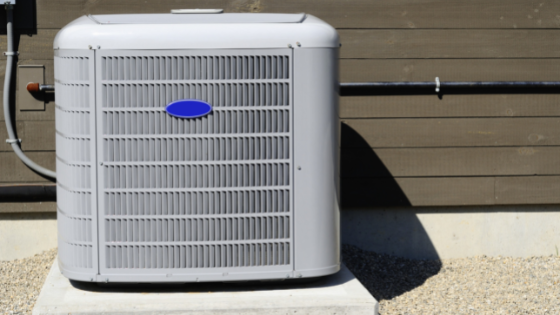Most homeowners aren’t keeping track of important updates in HVAC technology, but the changes coming up for 2023 are important to be aware of. Overall, the industry is moving towards greater energy efficiency and sustainability. Here’s how.
SEER Regulations
Seasonal energy efficiency ratio (SEER) measures an air conditioner’s cooling output compared to the electrical energy necessary to power it. The higher the SEER rating, the more efficient it is.
Beginning January 1, 2023, the minimum SEER rating will be increased on HVAC equipment from 13 in northern states to 14, and from 14 in southern states to 15.
The industry is also adopting the SEER 2 standard, which raises the requirements for measuring the efficiency of HVAC systems removing heat from a specific space. In 2023, HVAC equipment packing must display SEER 2 rating.
AC Refrigerant
R-22 (Freon) is no longer the industry standard, as R-410 (Puron) is less damaging to the environment and human health. The Environmental Protection Agency may also require manufacturers to start creating a class of refrigerants called A21 to further lower Global Warming Potential (GWP).
However, A21 refrigerants are mildly flammable, which means HVAC manufacturers will need to design new technology to accommodate it and create automatic shutoff capabilities in case of a leak.
The Benefits of HVAC Regulations For 2023
Central air conditioners and gas furnaces are powered by electricity, which leads to carbon dioxide emissions affecting the environment. The push towards energy efficient and eco-friendly HVAC systems is an important part of reducing our negative impact on the environment. Developing new technologies and raising standards is driving innovation and helping homeowners reap the benefits of lower costs and longer-lasting systems.
The challenges, however, may include having to wait longer for parts or replacement units. It’s becoming increasingly difficult to obtain Freon, since it’s no longer being manufactured. But continued changes in refrigerant requirements may make it difficult to obtain the refrigerant used by current systems.
With all this in mind, homeowners should consider replacing old HVAC systems sooner rather than later to avoid the challenges of sourcing parts.
If you have any questions, reach out to Tucker Hill!

